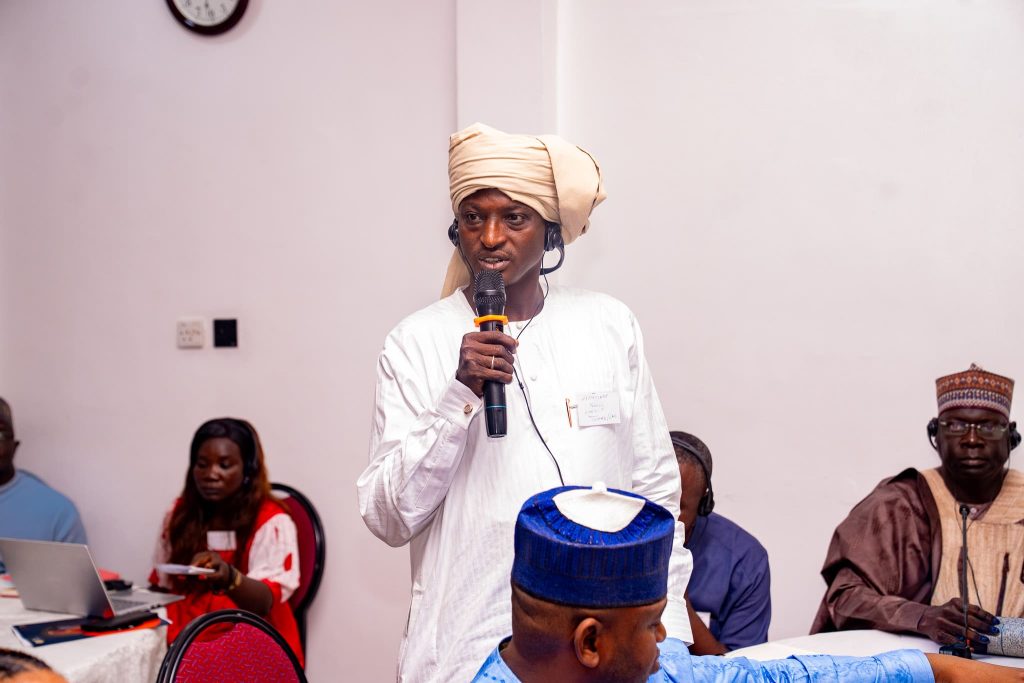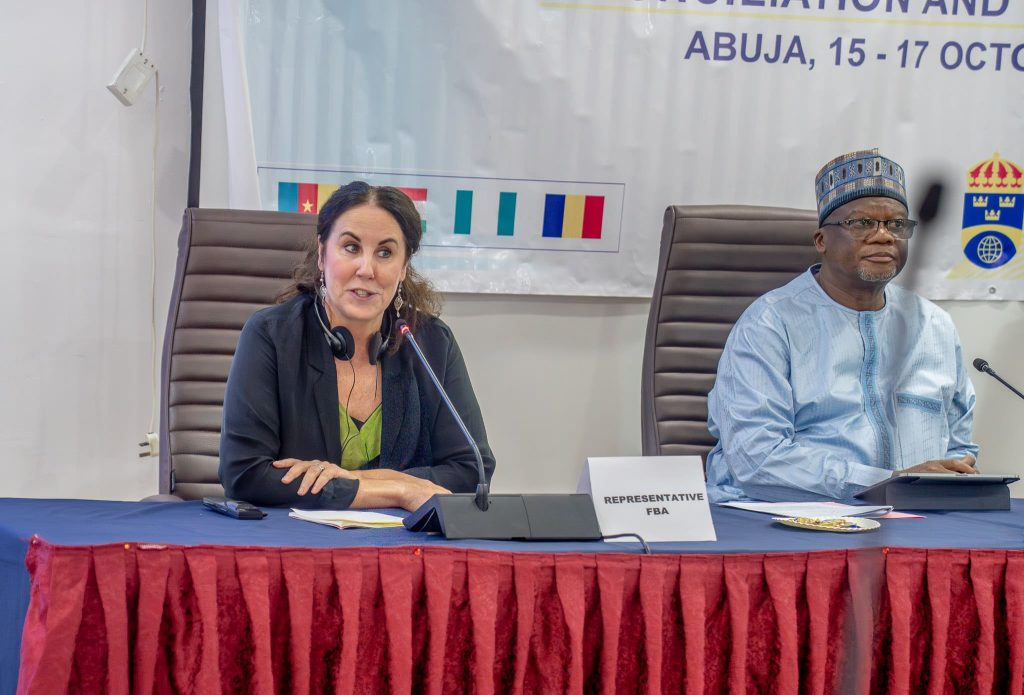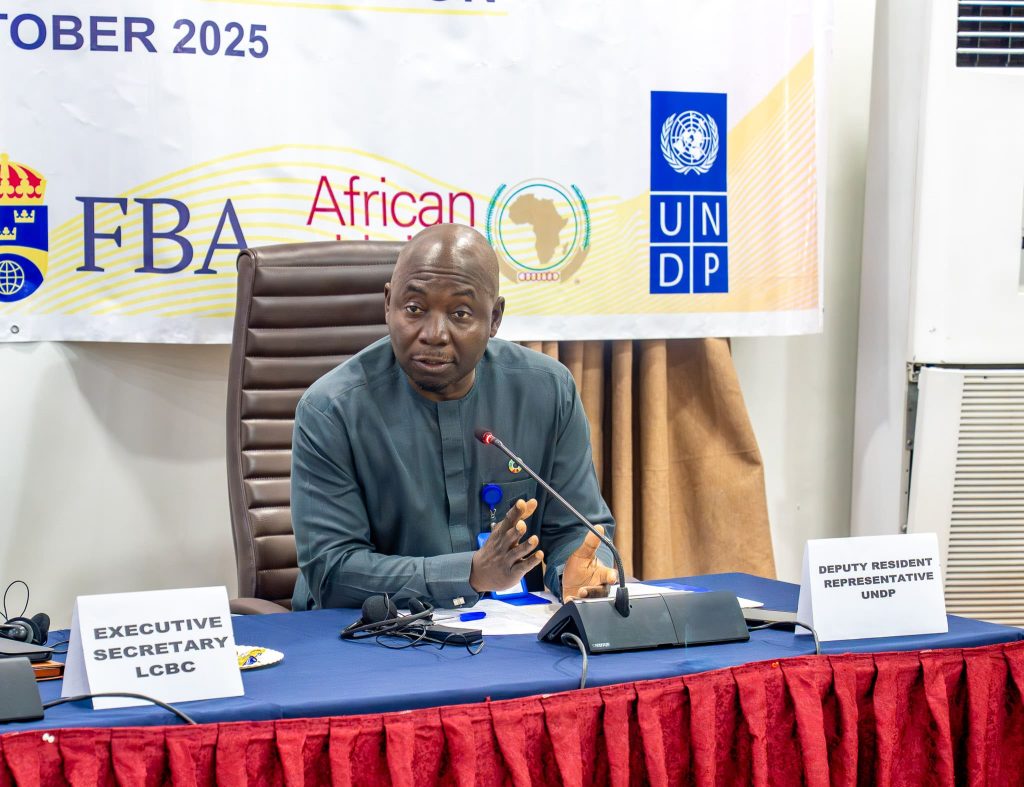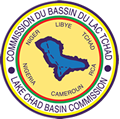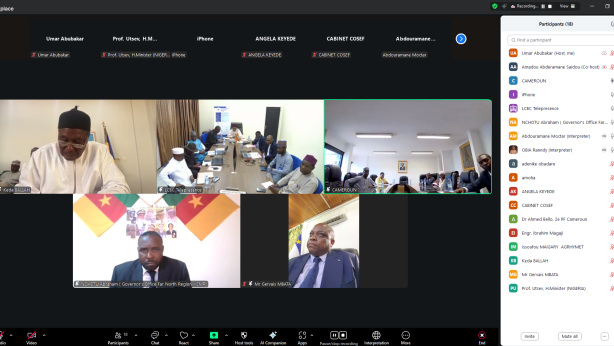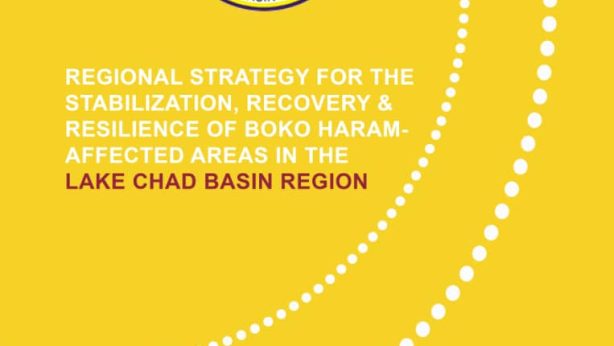Regional Workshop on Community-Based Reconciliation and Reintegration Opens in Abuja
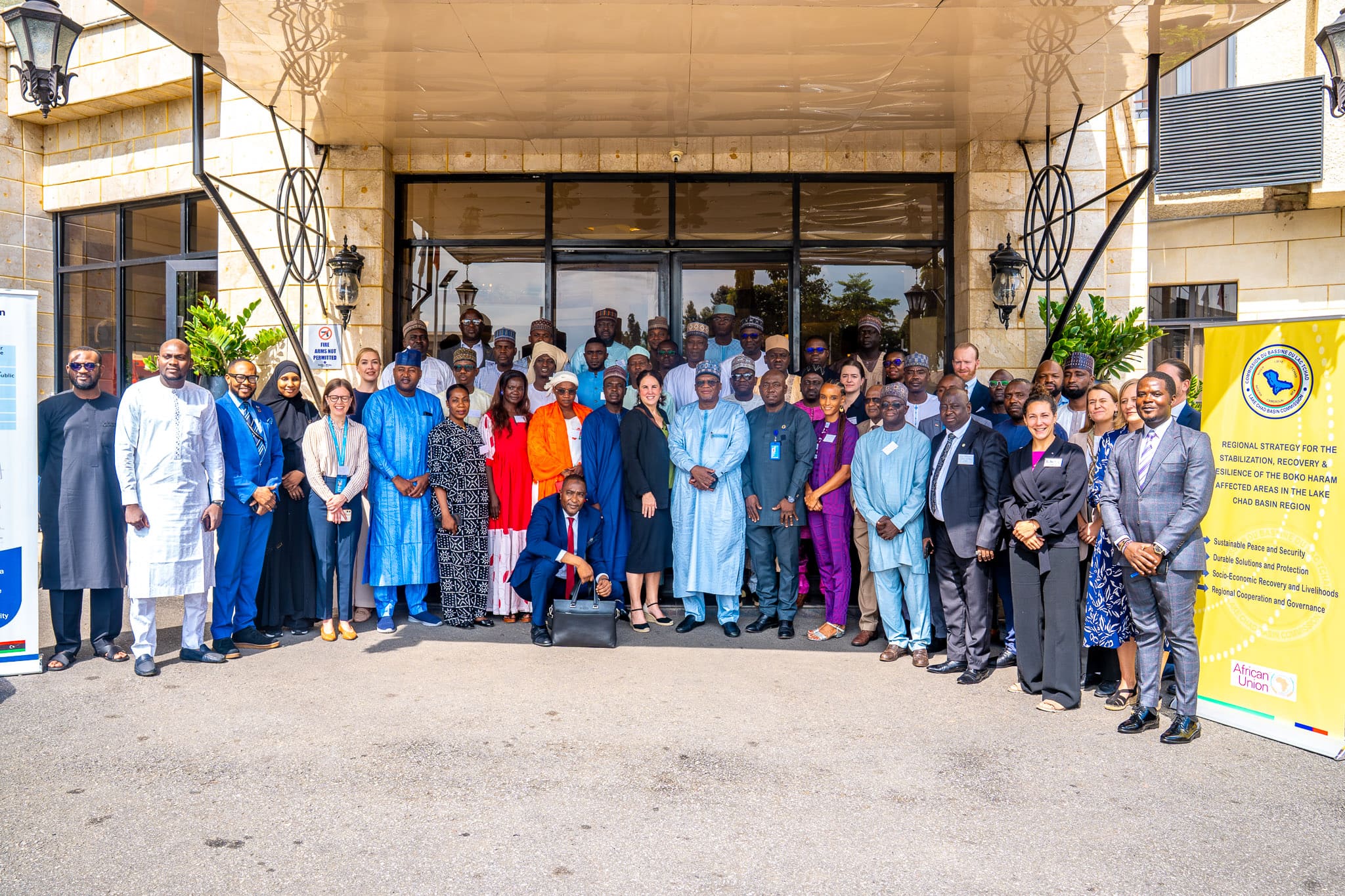
Abuja, Nigeria – October 15, 2025 — A regional training workshop on Community-Based Reconciliation and Reintegration (CBRR) has officially opened in Abuja, bringing together key stakeholders (national institutions in charge of DDR, governor’s offices affected by the Boko Haram crisis, civil society organizations, international partners) involved in the process of reconciliation and reintegration in the Lake Chad Basin Region. The objective is to strengthen capacity and harmonize understanding of the newly endorsed Community-Based Reconciliation and Reintegration (CBRR) Policy.
Organized by the Lake Chad Basin Commission (LCBC) in collaboration with the United Nations Development Programme (UNDP) and the Folke Bernadotte Academy (FBA) – the Swedish government agency for peace, security and development, the three-day workshop marks a significant step in advancing inclusive peacebuilding and recovery efforts in communities affected by the Boko Haram crisis.
The CBRR Policy, adopted by LCBC member states in February 2025, is a cornerstone of the adjusted Regional Strategy for Stabilization, Recovery and Resilience of Boko Haram affected areas in the Lake Chad Basin (RS SRR 2.0). It places communities at the heart of reconciliation and reintegration processes, promoting inclusive governance through the establishment of community committees and Territorial Action Plans.
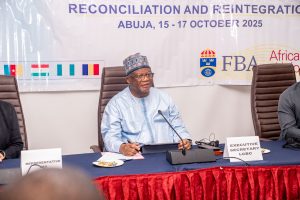
In his opening remarks, Ambassador Mamman Nuhu, Executive Secretary of the LCBC, emphasized the importance of the workshop in addressing the human dimension of the crisis: “This workshop is not just a technical gathering—it is a platform for dialogue, reflection, and action. By strengthening our collective capacity to implement the CBRR Policy, we are laying the foundation for reconciliation processes rooted in community realities and aspirations.”
The workshop agenda includes sessions focusing on linkages between RS SRR 2.0 and the CBRR Policy, conflict-sensitive and gender-responsive analysis, joint assessments, governance arrangements, and the development of Territorial Action Plans (TAPs). These components are designed to ensure that reconciliation efforts are inclusive, locally driven, and sustainable.
Speaking on behalf of the United Nations Development Programme, the Deputy Resident Representative of UNDP Nigeria, Blessed Chirimuta highlighted UNDP’s long-standing support for the LCBC and its stabilization efforts: “The CBRR Policy emphasizes locally driven peacebuilding. UNDP is proud to support this process, which empowers communities to lead reconciliation efforts and ensures that interventions are aligned with their needs and aspirations.”
The Folke Bernadotte Academy (FBA), representing the Swedish government, is continuing to strengthen its operational collaboration with the LCBC through this workshop. Mimmi Söderberg Kovacs, Senior Advisor on Peace Processes and Armed Groups at FBA, shared: “We believe in the power of inclusive dialogue and community engagement. This workshop is an opportunity to build capacity, share experiences, and foster regional solidarity for a safer and more resilient Lake Chad Basin.”
The workshop is expected to result in strengthened partnerships, enhanced technical capacity, and a shared roadmap for implementing the CBRR Policy across the region.
For More information contact:
- LCBC: Fajong Joseph Lereh, Communication Specialist, RS SRR. Email: j.fajong@cblt.org
- UNDP: Sarah Zingg, Programme Specialist, UNDP Regional Hub for West and Central Africa, Email: sarah.zingg@undp.org
- FBA: Mimmi Söderberg Kovacs, Senior Advisor on Peace Processes and Armed Groups, Email: Mimmi.SoderbergKovacs@fba.se
